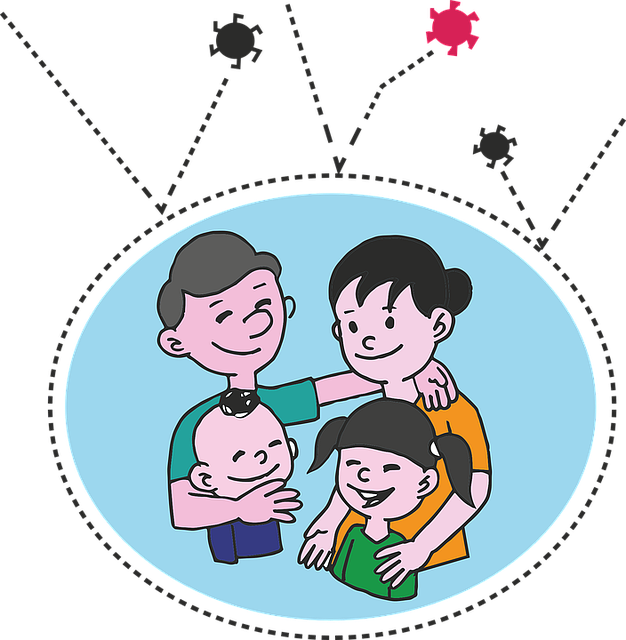Accessing and understanding child welfare legal services is essential for protecting vulnerable children and families. These services provide tailored legal support, from emergency interventions to long-term planning, ensuring stable environments and empowering parents through education. Skilled case managers coordinate services, advocate for children's rights, and facilitate communication, ultimately achieving positive outcomes by addressing underlying issues and promoting the best interests of all involved.
In today’s complex social landscape, a comprehensive understanding of child welfare legal frameworks is paramount. This article delves into the intricate world of child protection, guiding readers through essential components of legal services tailored for children. From grasping the underlying legal structures to navigating resources effectively, we explore strategies that empower advocates. Key focus areas include case management techniques and advocacy approaches, offering insights to enhance outcomes for vulnerable youth, ensuring their rights are protected within the legal system.
- Understanding Child Welfare Legal Frameworks
- Accessing and Navigating Legal Services for Children
- Effective Strategies: Case Management and Advocacy
Understanding Child Welfare Legal Frameworks

Understanding the child welfare legal frameworks is a cornerstone in ensuring comprehensive and effective support for vulnerable children and families. These frameworks are designed to protect and promote the well-being of children, offering a range of legal services tailored to diverse needs. Key components include legislation that defines child protection procedures, establishing obligations for government agencies and professionals to intervene when a child’s safety is at risk.
Child welfare legal services encompass a broad spectrum, from emergency interventions to long-term planning. They aim to provide stable environments, address underlying issues, and empower families through education and support programs. By navigating these legal frameworks, advocates can access resources, ensure due process, and ultimately foster positive outcomes for children and their families.
Accessing and Navigating Legal Services for Children

Accessing appropriate legal representation is a cornerstone in ensuring justice and optimal outcomes for children involved in welfare cases. The process can be complex, given the unique needs and vulnerabilities of minors. Therefore, navigating child welfare legal services requires sensitivity, expertise, and specialized knowledge to advocate effectively on their behalf.
Children and their families often face significant challenges when dealing with legal systems, making it crucial to provide accessible and tailored support. This involves assisting parents or guardians in understanding their rights, connecting them with qualified attorneys specializing in child welfare law, and ensuring ongoing communication throughout the legal journey. Effective navigation facilitates informed decision-making, fosters a sense of empowerment, and ultimately strengthens the relationship between the child, family, and legal representation.
Effective Strategies: Case Management and Advocacy

Implementing effective strategies in child welfare legal issues, such as robust case management and advocacy, is paramount to ensuring the best outcomes for involved children and families. Skilled case managers play a pivotal role by coordinating services, facilitating communication between all stakeholders—including lawyers, social workers, and healthcare providers—and consistently advocating for the rights and needs of the child.
These strategies involve proactive identification of legal needs, timely referral to specialized child welfare legal services, and continuous support throughout the legal process. By fostering strong partnerships and leveraging multidisciplinary approaches, case managers can enhance access to justice, promote stability for vulnerable children, and ultimately contribute to positive long-term outcomes.






